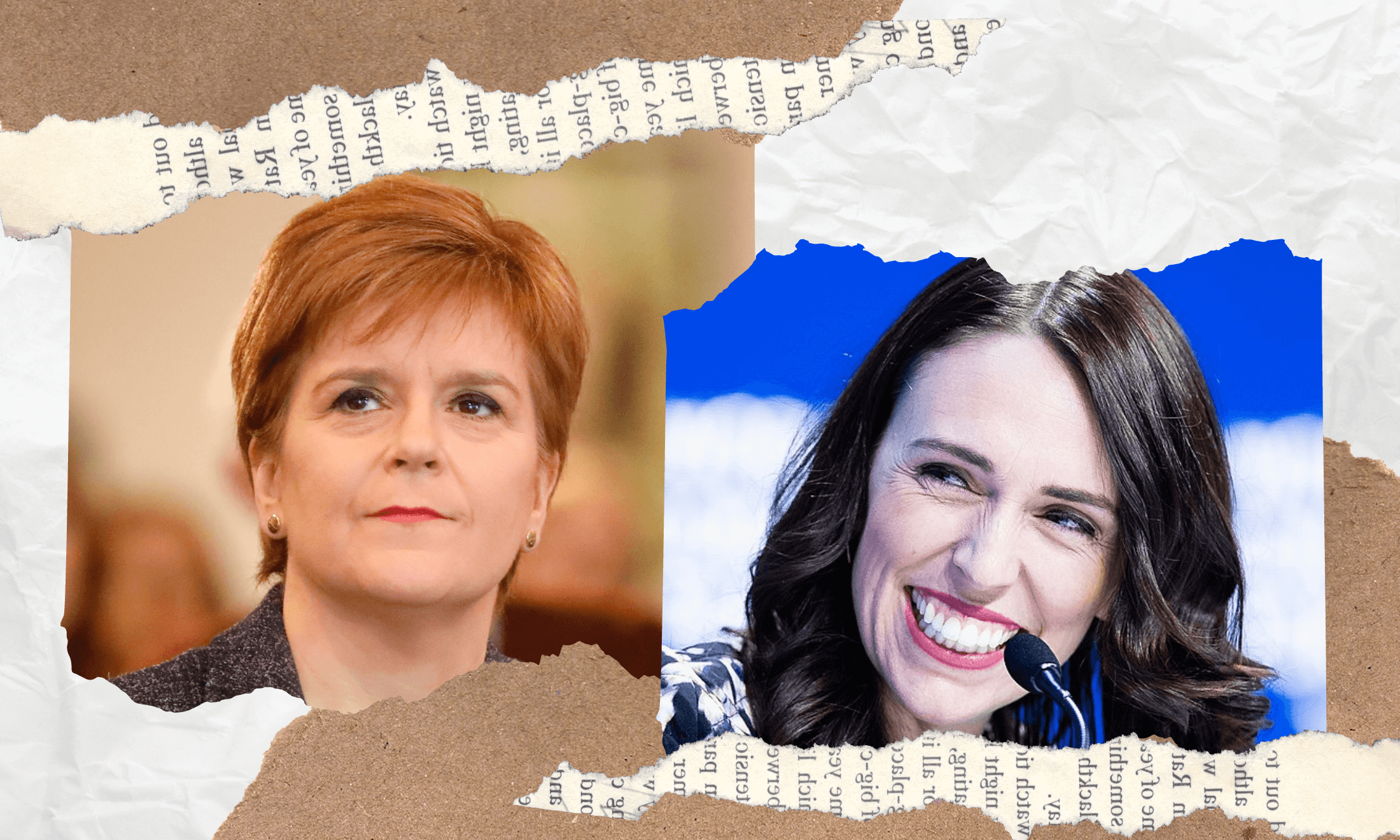
Kamala Harris’ appointment is historic but don’t ignore her problematic past
The vice president-elect’s record as a prosecutor is more than troubling.
Shahed Ezaydi
11 Nov 2020
Photography via Creative Commons
After endless days of international anxiety, the United States finally elected a new president. Yet it’s his vice president-elect, Kamala Harris, grabbing the headlines around the world. The former prosecutor and attorney general of dual Black and South Asian heritage, has made history by becoming the first woman and person of colour to be America’s VP. And everyone is overjoyed – news outlets and social media are heralding her as the queen of feminism, the ultimate Girl Boss and an icon of representation. But beneath all the jubilation, there are people like me, wary of painting her as the epitome of progressiveness, given that Kamala Harris’ record is uncomfortable at best.
Remember all the memes about Kamala Harris being a cop? Though the sources of their dispersal were questionable at the time, it did highlight people’s legitimate concern around the senator’s tenure as San Francisco’s District Attorney and California’s Attorney General. The memes aptly summarised her problematic years of working in the criminal justice system, and told voters that she often used the law to harm people of colour, rather than helping them. Let’s not forget that she also once called herself a ‘top cop’.
“Let’s not forget that she once called herself a ‘top cop'”
During her time as District Attorney, she brought in an anti-truancy programme criminalising the parents of children who skipped school, knowing full well that communities of colour would be hit the hardest. Instead of looking at the causes of truancy, Harris decided that the children would benefit from more disruption, in the form of their parents possibly going to prison.
It gets worse. Harris also fought to keep people in prison, even after their innocence was proven. The most well known example is the case of Daniel Larsen, who was serving a life sentence under California’s Three Strikes Law. However, a court later found that Larsen was innocent and ordered his release. A “progressive prosecutor” would probably just accept this ruling and go home, but Harris chose to appeal on technical grounds that he filed his petition too late. The court denied Harris’ appeal, but this also happened in a number of other cases.
Unsurprisingly, Harris fought to release fewer prisoners in the past. California’s prisons, like most US prisons, are overcrowded, and the federal courts ordered the state to establish a new parole programme that would release some non-violent prisoners. The courts even called the overcrowding “unconstitutional cruel punishment”. But Harris wasn’t happy with this, stating that “prisons would lose an important labour pool”, as though retaining labour is a good enough reason to ignore horrendous, overcrowded conditions.
There’s more. Harris also defended California’s decision to deny a trans woman incarcerated in a men’s prison the surgery for her diagnosed gender dysphoria, arguing that the surgery wasn’t necessary.
And of course, with Black people significantly more likely to come into contact with the American criminal justice system, the positions she’s taken are in direct opposition to what racial justice and civil rights groups are fighting for. She even rejected calls from these groups to investigate deadly police shootings in Los Angeles and San Francisco, following the killing of Micheal Brown in 2014. Even though she’s been vocal about racial justice following the Black Lives Matter protests this year, she’s also been accused of frequently siding with the police unions and not pursuing aggressive enough reforms. It’s safe to say she won’t be joining in the chants to abolish the police any time soon.
“With Black people significantly more likely to come into contact with the American criminal justice system, the positions she’s taken are in direct opposition to what racial justice and civil rights groups are fighting for”
During her presidential campaign, Harris said she’d “end the wars in Afghanistan and Iraq and protracted military engagements in places like Syria, but she’ll do so responsibly”. She’s also not denounced the possibility of future US invasions, evidenced in the fact she hasn’t co-sponsored the bill which would prohibit US intervention in Venezuela. This “responsible” rhetoric echoes Barack Obama’s stance, who promised a “responsible end” to the war in Afghanistan, whilst continuing the US intervention in the region.
A Black American president didn’t stop the mass bombing of countries in the Middle East or bring an end to imperialism. Just like a partially brown Tory cabinet in the UK hasn’t suddenly reformed the immigration system or stopped the high levels of stop and search against Black communities, highlighting that representation doesn’t always equate to progress.
Another area Harris doesn’t fare particularly well in is around sex work. In 2008, she was a vocal opponent of Proposition K – a measure to decriminalise sex work – and led operations against the ‘Backpage’, a site sex workers could safely use for adverts. For someone who prides herself on fighting for marginalised groups, she made life for sex workers more difficult and risky. However, in a 2019 interview, she stated she would be open to decriminalising sex work. Harris still seems to support criminalising the act of purchasing sex, which is a position that would negatively impact sex workers, by increasing surveillance and policing around their work.
“It feels as though she’s being perceived as progressive because she’s a biracial woman, and not because of her politics”
The vice president-elect has argued that during her presidential campaign, she’s fought for racial justice reform, the reversal of incarceration and putting a stop to the death penalty. And she did manage a few policies that would be considered “progressive”, such as bringing in a scheme that would allow first time drug offenders to get an education and a job, instead of time in prison. Plus, she also refused to pursue the death penalty in a case where a police officer was shot, even when it was a widely unpopular stance.
However, we need to be careful in painting her as the beacon of progress and instead focus on her actions. It feels as though she’s being perceived as progressive because she’s a biracial woman, and not because of her politics. Yet we all know that not all Black and brown people are liberal by nature – look at Priti Patel.
Kamala Harris has made history, and that is something we should absolutely celebrate. Representation of women of colour in top positions is really great to see, and to be honest, long overdue. But representation alone doesn’t help the communities being represented if they there aren’t policies in place to support them. Black and brown faces in politics won’t solve the deep-rooted and systemic issues that people of colour face every day, especially if those faces support policies that uphold white supremacy.
As we celebrate this historic milestone, we shouldn’t lose sight of Harris’ track record. Instead, let’s hold her accountable and allow her to prove to American society that she’s fighting for progress.









